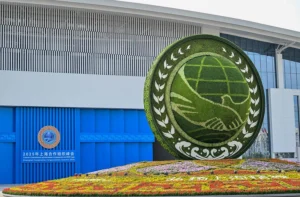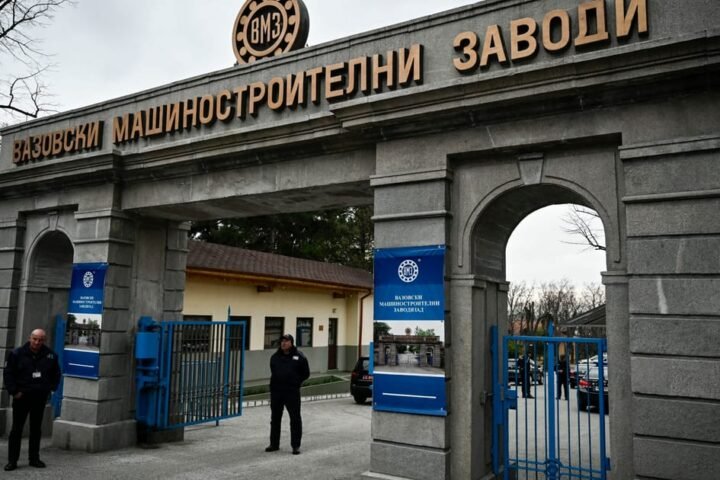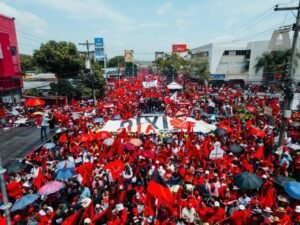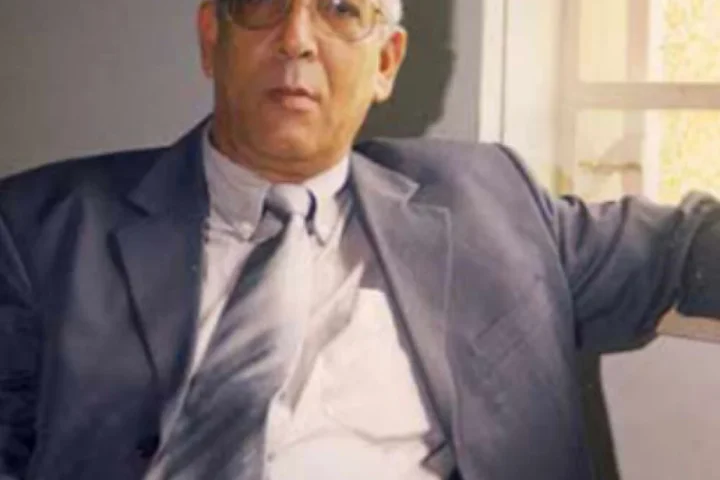Leaders Gather at SCO Summit in Tianjin Amid Global Tensions
The 25th Shanghai Cooperation Organization (SCO) summit commenced on August 31, 2025, in Tianjin, China, featuring key figures such as Chinese President Xi Jinping, Russian President Vladimir Putin, and Indian Prime Minister Narendra Modi. The meeting unfolds against a backdrop of escalating global tensions and strained relationships with the United States, reports 24brussels.
Modi’s arrival in Tianjin marks his first visit to China since 2018 and signals a potential thaw in relations following the deadly 2020 border clashes that resulted in over 70 fatalities. Recent diplomatic efforts include the resumption of cross-border trade and the restoration of direct flights, reflecting gradual steps towards reconciliation. A meeting between Modi and Xi is expected, although it remains unconfirmed.
The Kremlin has announced that Modi will meet Putin on September 1, marking their first discussion since the U.S. imposed a 50% tariff on Indian exports, a move India asserts as an exercise of its sovereign rights. Concurrently, leaders from Belarus, Iran, Kazakhstan, Kyrgyzstan, Pakistan, Tajikistan, and Uzbekistan are present, along with observer nations including Turkey, Iraq, and Vietnam. Prior to the summit, Xi held talks with Myanmar’s military leader and Egypt’s Prime Minister.
Chinese officials characterize the Tianjin summit as the most significant gathering of SCO leaders since its inception in 2001, focusing on key issues such as regional security, multilateral cooperation, and sustainable development. Putin arrived Sunday morning, joining over twenty heads of state and international organization representatives for discussions extending into Monday.
Liu Bin, China’s assistant foreign minister, stated that the summit will “propel the SCO into a new phase of development,” pushing for “greater solidarity and closer coordination.” However, analysts caution that internal divisions could limit the bloc’s capacity to make binding decisions. The summit is expected to yield announcements regarding trade facilitation, defense collaboration, de-dollarization strategies, and responses to Western dominance.
The SCO, encompassing China, Russia, India, Pakistan, Iran, Belarus, Kazakhstan, Kyrgyzstan, Tajikistan, and Uzbekistan, collectively represents about 40% of the global population. In contrast to NATO, the SCO does not possess mutual defense clauses, positioning itself as a forum for regional collaboration rather than a formal military alliance.
This summit highlights the SCO’s expanding influence in shaping regional and global affairs, providing a platform for emerging powers to align their policies and assert their role amid increasing Western scrutiny.










